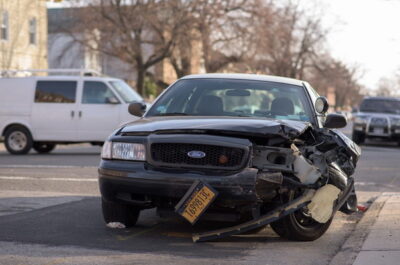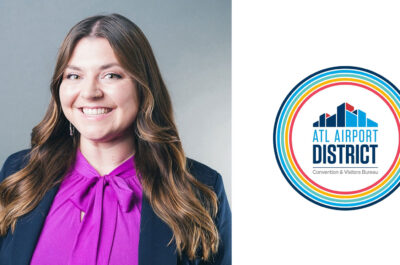Recent headlines are full of reports predicting that this summer will be a record-breaker when it comes to airline passengers being bumped from their flights. For many, the prospect of being bumped is…
Recent headlines are full of reports predicting that this summer will be a record-breaker when it comes to airline passengers being bumped from their flights. For many, the prospect of being bumped is frustrating at best, and for those who are unaware of their rights, the results can be maddening, not to mention costly.
Add to that ever-changing security rules and new passport requirements and summer travel can seem daunting. With this in mind, ASTA has prepared a list of tips to help summer travelers stay calm, cool and collected.
Airline Bumping: What You Need to Know
To avoid being bumped:
- Get an advance seat assignment. Passengers with seat assignments are typically only bumped if they arrive late and their seat assignment is released.
- Check-in online. If you do not have an advance seat assignment, or you want to change your seat assignment, check-in online. Most airlines allow you to do so within 24 hours of departure. Seat assignments that were not available at the time of ticketing may be available when checking in online.
- Don’t be late. If all else fails, get to the airport early. Some airlines reserve a portion of their seat assignment inventory for airport check-in. If you are denied a seat assignment at check-in, put your name on the “standby” seat assignment list.
If you are bumped or wish to take advantage of airline’s request that you give up your seat:
- Know the lingo. Voluntary bumping occurs when a passenger with a confirmed seat assignment agrees to give up his seat for negotiated compensation. It is not regulated by the DOT. Involuntary bumping occurs when an airline forcibly bumps a paid passenger from a flight because it has been oversold. The DOT regulates compensation for involuntary bumping.
- Know what questions to ask. If you volunteer to give up your seat in response to an airline offer of a free ticket it is important passengers ask about restrictions. Ask about expiration and blackout dates, such as holidays.
- Know your rights. If you are involuntarily denied boarding, and substitute transportation is scheduled to arrive at your destination between one and two hours after your original arrival time (between one and four hours on international flights), the airline must pay you an amount equal to your one-way fare to your final destination, with a $200 maximum. If the substitute transportation is scheduled to get you to your destination more than two hours later (four hours internationally), or if the airline does not make any substitute travel arrangements for you, the compensation doubles (twice the cost of your fare, $400 maximum).
Navigating Security
Remember 3-1-1. New regulations limit the amount of liquids passengers can take through security in their carry-on luggage to travel-size toiletries of three (3) ounces or less that fit comfortably in one (1) quart-size, clear plastic zip-top bag and the one (1) bag per passenger must be placed in the screening bin. Items purchased after clearing security may be brought on-board. (Visit TravelSense.org to learn about restrictions in Canada, the U.K. and the European Union.)
Traveling Internationally?
- Better get a passport. Effective Jan. 1, 2007, the Western Hemisphere Travel Initiative requires a passport or other accepted document for all air travel from within the Western Hemisphere for citizens of the United States, Canada, Mexico, and Bermuda. U.S. citizens returning directly from a U.S. territory (Guam, Puerto Rico, the U.S. Virgin Islands, American Samoa, Swains Island and the Commonwealth of the Northern Mariana Islands) do not need to present a passport.
- Plan (way) ahead. The U.S. State Department’s Passport Services unit is experiencing a major backlog in processing applications. Rather than taking four to six weeks, routine applications or renewals are now taking 12 weeks. Even expedited service takes about three to four weeks. And, because the service uses a centralized system, travelers cannot get their documents faster by submitting applications directly to a regional processing facility.
Theodore is the Co-Founder and Managing Editor of TravelDailyNews Media Network; his responsibilities include business development and planning for TravelDailyNews long-term opportunities.





















































































































































































